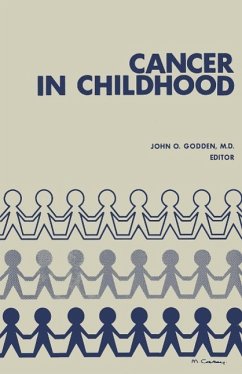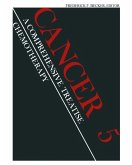Viewed as contributions to continuing medical education, many scientific meetings disappoint because, although program committees plan with care, bring together excellent faculty and expose them to their peers, to other physicians and to house staff. the effect is evanescent. Meetings expend much professional time and public funds to stimulate the relatively few who attend. Hence the dictum "Hold a symposium and reach a few hundred; circulate a proceedings and reach the world. " Despite this dictum, many organizers of scientific meetings shy away from the publication of proceedings. insisting that teachers will not participate if they have to prepare publishable manuscripts and, if they do agree to prepare them, will delay for months or, in some cases, will not come through at all. However, this is often a matter of organization and determination: e. g . . some program chairmen make the payment of expenses and honoraria contingent upon receipt of a publishable manuscript. Cox and his colleagues in Australia went one better: they organized the First International Cancer Conference in Sydney in November 1972 and published a two-volume proceedings ("Melanoma and Skin Cancer" and 'The Nature of Leukemia") before the meetings began. As Dr. Cox notes, "This preprinting of the full papers freed each speaker from the necessity of recounting large quantities of data so that each paper could be opened more rapidly and provocatively and then defended in discussion" (Report of the International Cancer Conference, Med J A list, I: 12-33, June 24, 1972).
Dieser Download kann aus rechtlichen Gründen nur mit Rechnungsadresse in A, B, BG, CY, CZ, D, DK, EW, E, FIN, F, GR, HR, H, IRL, I, LT, L, LR, M, NL, PL, P, R, S, SLO, SK ausgeliefert werden.









